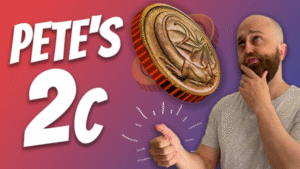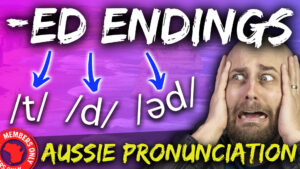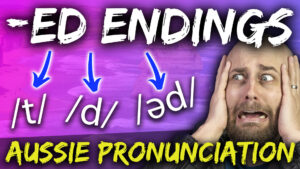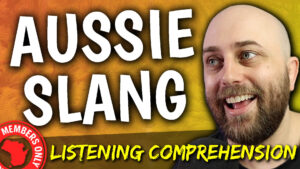
AE 1101 - INTERVIEW
109 Days Alone in the Australian Outback with Anthony Elorrioroz
Learn Australian English in each of these episodes of the Aussie English Podcast.
In these Aussie English Interview episodes, I get to chin-wag with different people in and out of Australia!

In today's episode...
Welcome to the Aussie English podcast!
Today, I have the pleasure of introducing you to Anthony Elorrioroz, my very good friend from France!
In today’s interview episode, we get to talk about how he made his bold move of moving to Australia. How he got a working holiday visa, then a permanent residency, until being granted citizenship.
He also shares that he didn’t actually WANT to study English! But when he realized how fun it is learning a new language, he definitely worked on it – getting 1 on 1 lessons, and formally studying for the IELTS.
And finally, he shares his 109-day solo journey across the wide Australian outback on a motorcycle!
Is there anything you want to ask me? Drop in your questions here: https://aussieenglish.com.au/askpete
** Want to wear the kookaburra shirt? **
Get yours here at https://aussieenglish.com.au/shirt
Improve your listening skills today – listen, play, & pause this episode – and start speaking like a native English speaker!

Watch & listen to the convo!
Listen to today's episode!
This is the FREE podcast player. You can fast-forward and rewind easily as well as slow down or speed up the audio to suit your level.
If you’d like to use the Premium Podcast Player as well as get the downloadable transcripts, audio files, and videos for episodes, you can get instant access by joining the Premium Podcast membership here.
Get more out of every episode!

Premium Podcast members get access to...
- All 900+ podcast episodes including member-only episodes
- Member-only episode video lessons
- Downloadable transcript PDFs & audio files for every episode

Recent Episodes:


AE 1362 – The Goss: The Crazy Results of Australia’s Recent Election

AE 1361 – The Goss: TV Shows We’re Currently Binge Watching [Members Only]

AE 1360 – 20 English Idioms Explained | Members Only

AE 1359 – 20 English Idioms To Transcribe

AE 1358 – How to Pronounce -ED Endings in Australian English [Members Only]

AE 1357 – How to Pronounce -ED Endings in Australian English

AE 1356 – Will AI Save Us Or Replace Us?

AE 1355 – 20 Aussie Slang Sentences Explained [Members Only]

Share

Join my 5-Day FREE English Course!
Complete this 5-day course and learn how to study effectively with podcasts in order to level up your English quickly whilst having fun!


Want to improve a specific area of your English quickly and enjoyably?
Check out my series of Aussie English Courses.
English pronunciation, use of phrasal verbs, spoken English, and listening skills!

Have you got the Aussie English app?
Listen to all your favourite episodes of the Aussie English Podcast on the official AE app.
Download it for FREE below!



Want to improve a specific area of your English quickly and enjoyably?
Check out my series of Aussie English Courses.
English pronunciation, use of phrasal verbs, spoken English, and listening skills!
Leave a comment below & practice your English!






Responses